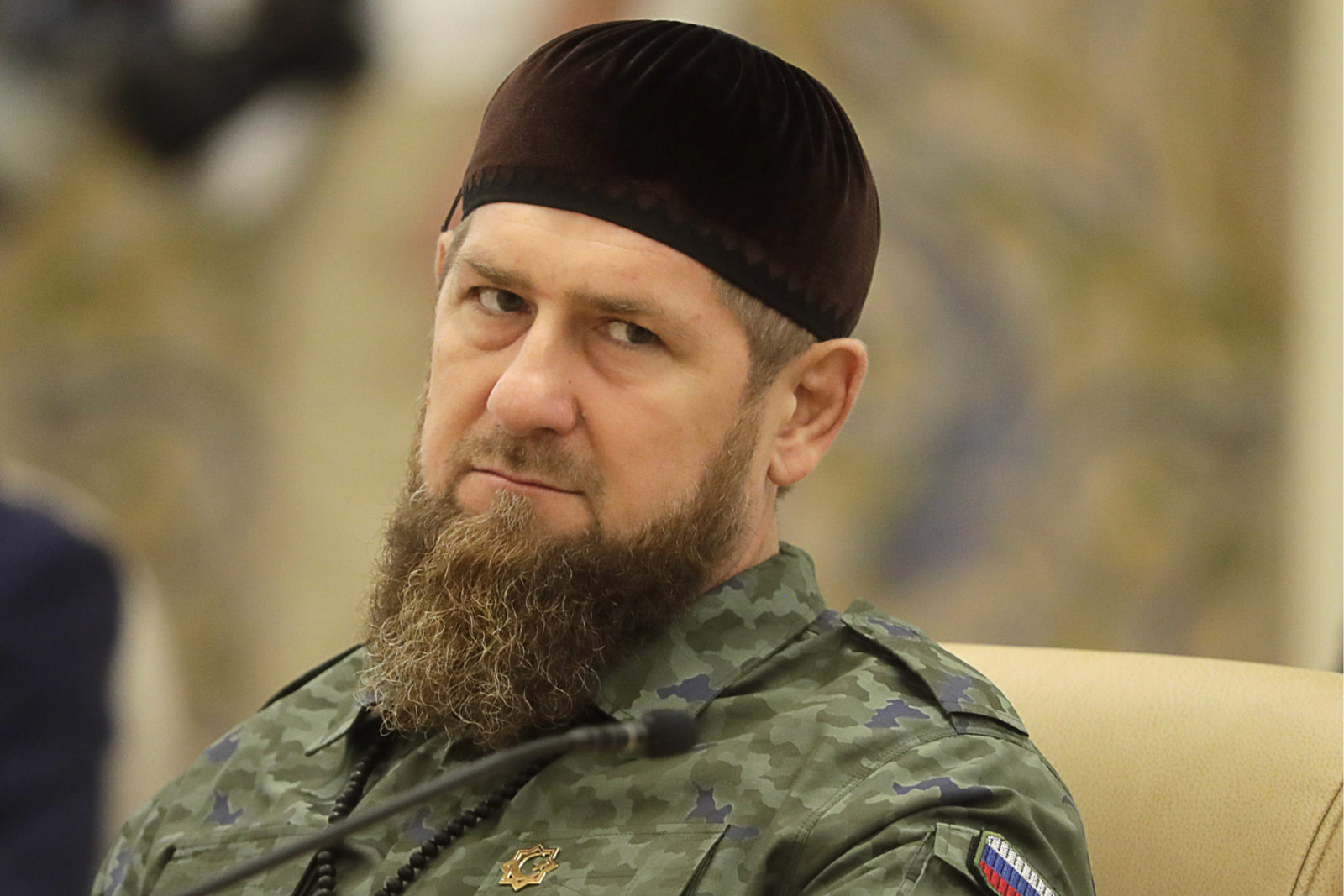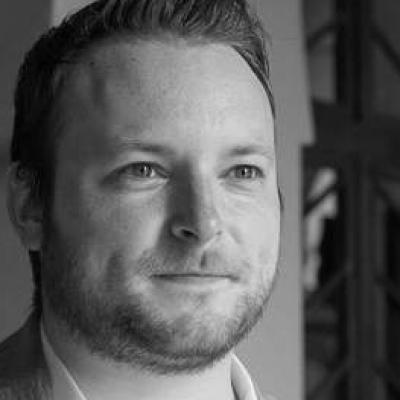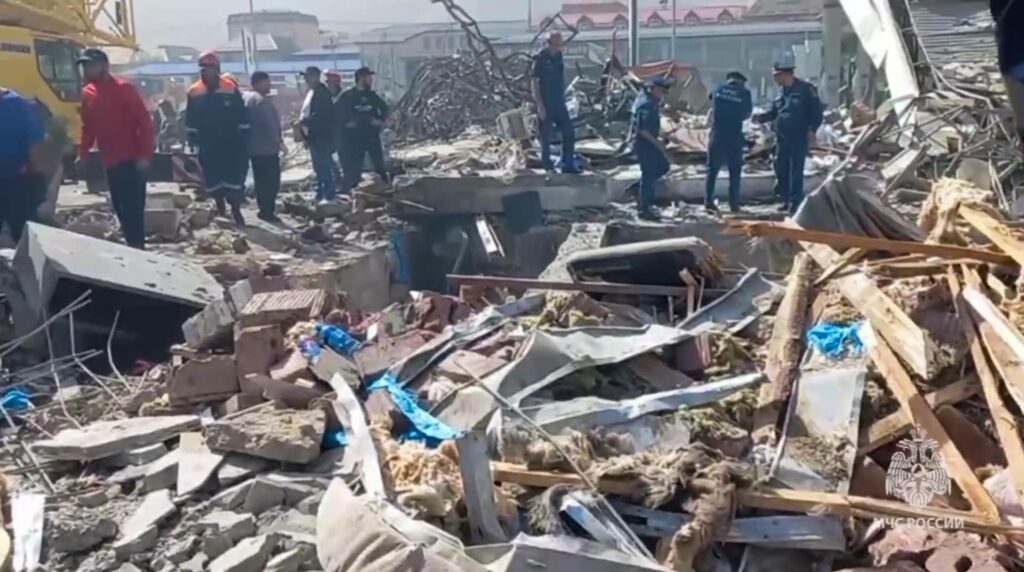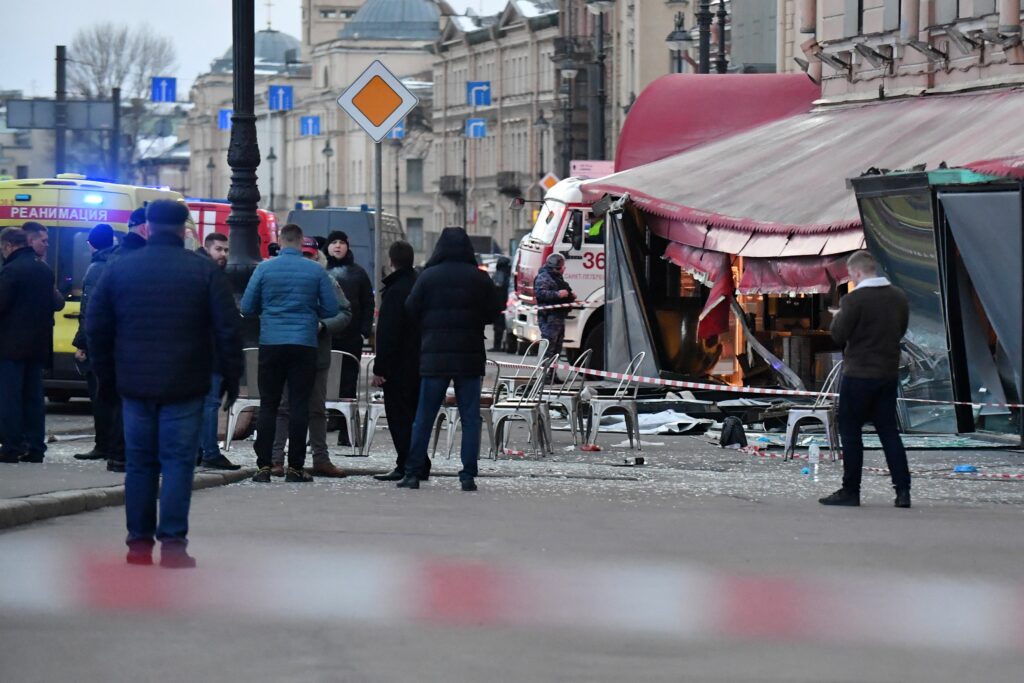“Peace, stability, and prosperity.” The leaders of the Chechen Republic strive endlessly to attach these three words to their rule. The second word is especially dear to Ramzan Kadyrov, who commands the republic at Vladimir Putin’s behest and receives a prince’s ransom in federal subsidies — so long as he subdues the populace and prevents a return to large-scale armed conflict. Claims that Chechnya is “the most stable region of Russia” are a common feature of Kadyrov’s public rhetoric.
But behind closed doors, all is anything but stable. For Kadyrov, who rose to power following the assassination of his father Akhmat in 2004, avoiding a similar fate has always been a top priority. Now, the latest intrigues of enemies both real and imagined have prompted a culling of the elite unlike anything seen in the past decade in Chechnya.
As with many other such scoops from the notoriously closed republic, the first report of the new purges came from Novaya Gazeta and its investigative superstar, Elena Milashina. In an October 14 dispatch, Milashina detailed a drastic series of repressions in the Chechen leader’s inner circle. The targets of this crackdown are reportedly now under torture in basement cells usually reserved for accused militants.
‘I don’t change flags’
The main target appears to have been Ibragim Temirbaev. He had been serving as mayor of the central city of Argun for 15 years — until his sudden dismissal in late July. Unaware that security services had tapped his phone, Temirbaev issued harsh denunciations of Kadyrov and his circle in conversations with friends. Amid stating that he “serves Russia, not these beardos” Temirbaev particularly struck a nerve with his statement that “I don’t change flags.” (This was a reference to Kadyrov and many of his closest associates defecting from the separatist side to Moscow in the Second Chechen War.) From these conversations, other names were identified; at least four other high-ranking current and former officials were similarly arrested and beaten.
Shortly after, more bad news came for another high profile suspect: Islam Kadyrov, a former mayor of Grozny and second cousin to the leader. Islam had been dismissed from the government back in April 2017, accused of taking part in a plot to assassinate his cousin Ramzan the previous spring. The plot was allegedly orchestrated by the Yamadayev family, perhaps Ramzan’s most infamous rivals during his rise to power in Chechnya (the Yamadayevs were forced to flee Chechnya in 2008). After learning of the alleged plot and gaining details via torture, security forces discovered a large cache of explosives planted at one of Ramzan’s main residences, in the village of Benoy. Circumstances surrounding Islam, however, had since been quiet for two years. Yet suddenly, Chechen state TV aired a video on October 24 of the disgraced former mayor shouting at and electroshocking a woman during his tenure as deputy prime minister. The broadcaster called this conduct “unacceptable,” but noted the “many achievements” of Islam as the city’s administrator.
Both these developments hark back to unresolved conflicts from Ramzan Kadyrov’s rise to power. Temirbaev’s tension with Kadyrov dates back years, to a time when Kadyrov the younger was but one of many power centres in Chechnya. In 2006, two years after the elder Kadyrov’s unexpected death, Temirbaev was present at a meeting with then-president of Chechnya Alu Alkhanov and the heads of several powerful security services in Chechnya, who pledged their loyalty to Alkhanov if he would forcefully remove Ramzan from power. Alkhanov wavered; Ramzan was officially sworn in as president of Chechnya the following year. But the young leader never forgot Temirbaev’s slight.
The Yamadayevs were an even more pressing danger. Having defected to the Kremlin side at roughly the same time as the Kadyrov clan at the outset of the Second Chechen War, within a few years the five Yamadayev brothers commanded the strongest power base outside Kadyrov’s control in the republic. They controlled the Vostok (East) Battalion, which along with its sister unit Zapad (West) constituted the only two ethnic Chechen units under the Russian armed forces’ direct control (and outside of Grozny’s). Vostok played a major role in the 2008 Russia-Georgia war; its soldiers were described as ‘the most combat-ready’ under Moscow’s command. Their fortunes were already in decline by that point; an April 2008 standoff had seen Kadyrov’s forces besiege the Vostok base — an event that nearly resulted in the Russian Army’s 42nd Division opening fire on the besiegers. The eldest Yamadayev brother, Ruslan, was then assassinated in Moscow in September; another, Sulim, fled to Dubai before being killed there in 2009. The two surviving Yamadayev brothers (the scion Dzhabrail having been killed in 2003), Isa and Badruddi, reportedly organized the 2016 attempt.
The most important facet: both these recent challenges come from among the closest circle of Ramzan Kadyrov’s ruling clique. The Yamadayevs have always posed an outsized threat to Kadyrov because they hail from the same teip (clan) as him: the Benoy, meaning that any punishment meted out against them must be handled delicately to avoid alienating his closest supporters. Similarly, several of the recently-purged officials hail from very close ties to the Kadyrov family, especially Khalid Vaykhanov, a close friend of Ramzan’s father, Akhmat, and native of their village Tsentoroy. A 2018 BBC Russian investigation of Chechnya’s leadership structure showed that of 158 leading officials in Chechnya, more than half are either Kadyrov’s relatives (i.e. members of the Benoy teip) or from his home village, Tsentoroy. This highlights the extreme reliance of the ruling family on a few very narrow bases of power — bases which are now shown to be not at all monolithic and subdued.
Against this, the reality of Ramzan Kadyrov’s current grip on power in Chechnya is more relevant. The Chechen leader was never meant to have this degree of power. He was supposed to have been checked all along by other elements within the system, be they the Yamadayevs, the untainted loyalists (those who had never been part of the separatist movement, like Alkhanov and Temirbaev), or other actors more pliable to Moscow. Kadyrov did eventually succeed in forcing his rivals out, seemingly securing himself with his assassinations both within the country and abroad. But evidently not entirely. Moreover, these are not the only recent reports of attempts to undermine or remove Kadyrov. A poisoning attempt reportedly took place this October, although these reports are dubious. What is more certain is that those serving under him are not all doing so out of devout loyalty. As Novaya Gazeta put it in 2016: “The head of Chechnya, despite his brutal image, is vulnerable like no other Russian politician.”










